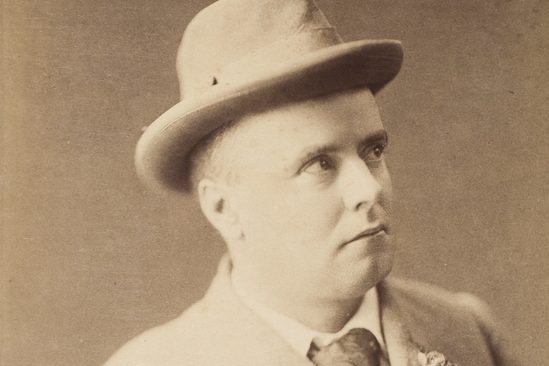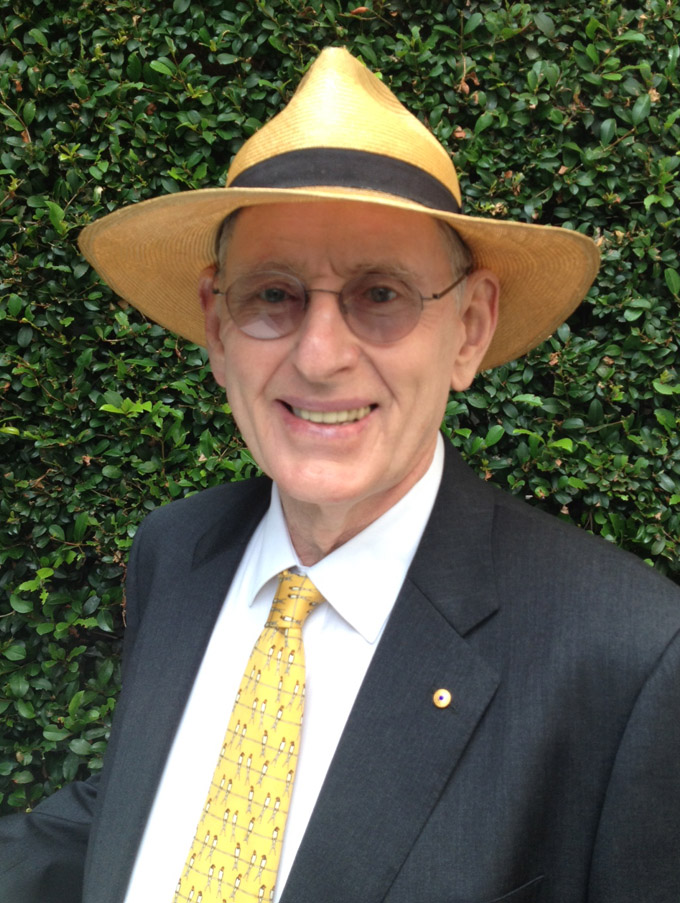
“We have a long history of problems with the grog. Before Australia became a nation in 1901, in colonial parliaments drunken behaviour by members was largely tolerated,” writes ROSS FITZGERALD.
Like many people, I have been following the Barnaby Joyce story with interest. Perhaps more interest than some, for a number of reasons.

I must say that I find it disgusting that whoever filmed this video of a well-known federal MP collapsed on a main street in Canberra did not have the decency to offer him some assistance. Is this how people behave in the age of social media?
Joyce was candid about his situation and admitted that alcohol was a factor in his behaviour. Infamously, alcohol was also a factor in the Brittany Higgins/Bruce Lehmann incident, and there have been other graphic examples over the last decade or so.
More recently, after drinking red wine before speaking in a Senate committee, another National, Perin Davey, slurred her speech. Saying: “I don’t think I was drunk”, Davey subsequently revealed a medical condition was the reason, rather than too much alcohol.
These incidents have, once again, raised the broader issue of alcohol consumption by members of state and federal parliaments.
This is a subject with a long history and widespread ramifications, including whether or not MPs should be tested for alcohol and other drugs.
We have a long history of problems with the grog. Before Australia became a nation in 1901, in colonial parliaments drunken behaviour by members was largely tolerated.
Cyril Pearl, in his 1958 book Wild Men of Sydney, commented about the NSW parliament of the late 1880s.
“Violent behaviour and violent language were condoned or scarcely rebuked,” he writes.
“Fights between members were not uncommon and the sight of a drunken statesman falling off his bench during debate excited amusement rather than indignation.”
Some members were notorious for their drunken rants. During an acrimonious parliamentary debate, as Pearl pointed out, a leading government MP “offered to take on any three members of the Opposition who were willing to come outside”.
The flamboyant owner of The Truth newspaper, John Norton, was a prime example of alcoholism in action.
Norton’s lengthy political career began in the NSW parliament in 1898 as the MLA for the seat of Fitzroy, which encompassed much of East Sydney.
Cyril Pearl noted the notorious Norton’s behaviour during a parliamentary debate in 1898: “He was removed from the House for shouting drunkenly at Mr JC Watson, ‘Damn and f… you’, and on the last night of the session he was so drunk that he urinated on the floor of the chamber. He was then ‘dragged out by two constables to the accompaniment of salvos of ripe oaths and the crash of broken glass’.”
Amateur historian, Dick Whitaker aptly describes Norton’s story as “a tragedy that saw him become a major force in Sydney politics and journalism, followed by his inexorable descent into alcoholism and the wreckage of his family.”
The long-serving NSW premier, Sir John Robertson, was an avid advocate of the benefits of the booze. As he said in the Legislative Assembly: “None of the men who in this colony have left footprints behind them have been cold water men.”
Things are not as bad today, but we still have a long way to go.
At the very least there should be some sort of intervention for MPs who are having difficulties with the booze. I’m not saying that Joyce, Davey, Higgins and Lehmann are alcoholics. But it is important to understand that alcoholism is a health problem, not a moral issue.
By far the most effective agency helping alcoholics to stop drinking and stay stopped is Alcoholics Anonymous. So, I usually say to those MPs, their staff and families who contact me for assistance: “Why not avail yourself of the best?”
The fact is that along with people of all types, AA members in Australia and overseas also include some prominent politicians, actors, artists, members of the media, and even some leading judges and lawyers.
Just as the illness of alcoholism does not discriminate between different occupations, genders, level of education, atheists, agnostics and believers, neither does AA.
In fact, there are AA meetings every night and day in the major cities and towns throughout Australia. And in case politicians are worried about public scrutiny, I would emphasise that it is, as its name suggests, anonymous.
An extremely effective initiative would be to make all our state and federal parliaments alcohol-free zones. This is something the Australian public might well applaud.
Ross Fitzgerald AM is emeritus professor of history and politics at Griffith University. Prof Fitzgerald was 54 years sober on Australia Day. His memoir, Fifty Years Sober: An Alcoholic’s Journey, is published by Hybrid.
Who can be trusted?
In a world of spin and confusion, there’s never been a more important time to support independent journalism in Canberra.
If you trust our work online and want to enforce the power of independent voices, I invite you to make a small contribution.
Every dollar of support is invested back into our journalism to help keep citynews.com.au strong and free.
Thank you,
Ian Meikle, editor





Leave a Reply